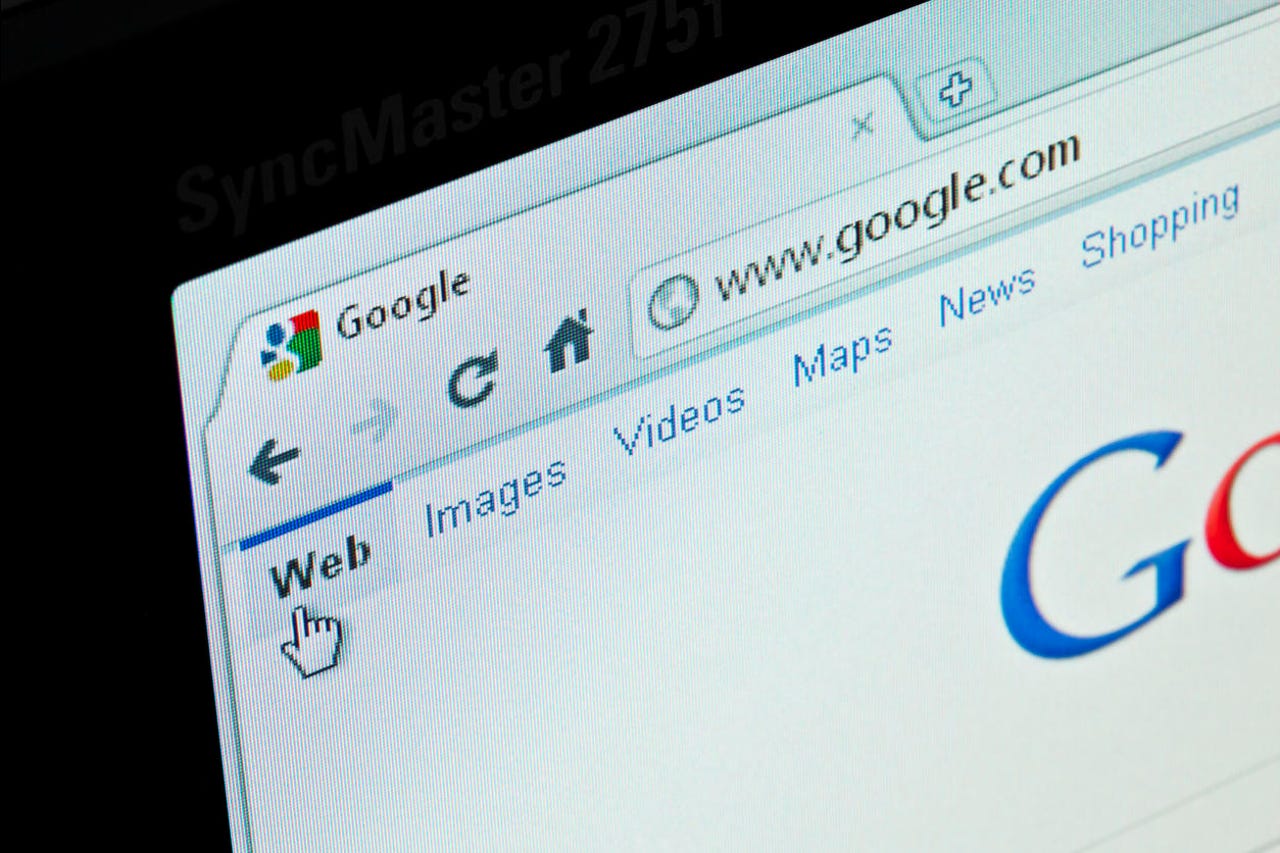Frydenberg says Canberra will not bow to threats from Google and Facebook


Australian Treasurer Josh Frydenberg has said the battle his government is stepping into against the likes of Google and Facebook, to get them to pay for the use of Australian content, is one that is worth fighting.
"We won't bow to their threats," Frydenberg told reporters on Monday alongside Communications Minister Paul Fletcher.
"But we understand the challenge that we face. This is a big mountain to climb. These are big companies that we are dealing with but there is also so much at stake, so we're prepared for this fight."
The two ministers explained that rather than relying on copyright law, as schemes in Europe have done, the Australian approach would rely on competition law instead. When Spain introduced its intellectual property legislation, Google closed down Google News in the country.
"This is a competition issue. We've taken our advice here from our competition regulator, the ACCC, and they have pointed out that we have a market in which Australian businesses ... are competing with Google and Facebook and other digital platforms for eyeballs and for advertising revenue," Fletcher said.
"Competition is fine, we welcome that, competition delivers the best outcomes for consumers but when you have one set of businesses acquiring content from another, without the opportunity for a fair discussion about what they paid for it, then that is why we believe the ACCC needs to get involved."
Frydenberg would not be drawn on the amount the tech giants would be made to pay, but said it was in the millions. The Treasurer added the Australian Competition and Consumer Commission (ACCC) would look at a number of options over the next three months.
"You can do it on a value option, or you can do it on a cost option, meaning that the tech titans would end up paying a fraction of what the cost was for producing that original content, every time that they use it," he said.
"The other alternative is, in terms of the value, to that particular digital platform that they get from getting eyeballs onto their sites by using that content.
"It is about holding these tech titans to account, about ensuring genuine competition, it is about delivering a level playing field."
Fletcher said the ACCC advised the government that despite meeting with the tech giants, a voluntary code was not likely to be able to "deal with this central issue of the value that would be exchanged for the content".
The Australian Labor Party welcomed the move to a mandatory code, but added it was disappointed that it took the coronavirus crisis for the government to take action.
"Regulators around the world are looking at one another and what steps are being taken to enable media organisations to get a decent return on their investment because at the core of it is this: Not all content is created equal," Shadow Communications Minister Michelle Rowland told Sky News.
"News content has particular characteristics, including the intellectual rigour that goes into its manufacture from journalists, so this is certainly a welcome step."
Similarly welcoming the move was the Australian Greens, who added it didn't go far enough.
"If the government can force Google to pay Rupert Murdoch, they can make tech giants pay our authors and artists as well," Greens leader Adam Bandt said.
"People working in the arts and creative sectors regularly have tech giants use their work without remuneration, and now their sectors are hit hard by coronavirus too.
"Whether it's printed on a newspaper, hung on a wall or piped through our speakers, content creators deserve to get paid for their work. Google's CEO doesn't work for free and neither should Australia's creators."
The dumped attempt to create a voluntary code was part of the government's response to the ACCC's Digital Platforms Inquiry, which in July made a total of 23 recommendations that covered competition, consumer protection, privacy, and media regulatory reform.
Google said in July that its advertising platforms helped media companies make money and drive traffic to sites.
"Our products and services help Australians to access information, collaborate, reach new audiences, and get things done," the search giant said.
"In 2018, Google referred more than 2 billion free clicks to Australian news sites, which helps to drive subscriptions and ad revenue. We also provide a platform to help publishers to show ads on their own sites. This is used by thousands of news publishers both in Australia and around the world, and publishers retain approximately 70% of the ad revenue that is generated."
Among the recommendations made by ACCC was for Google to offer Australian Android users a default web browser selection screen, as exists in Europe.
The ACCC said if Google did not offer such an option by 26 January 2020, that the government should consider compelling Google to do so. That deadline has passed with no change to Android.
Related Coverage
- Google pays Australian government AU$481m to settle tax dispute
- Australia vs Facebook as Privacy commissioner launches Federal Court action
- RBA not convinced Facebook's Libra will succeed in Australia
- ACCC's ad tech inquiry to focus on data and supply chain opacity
- ACCC on track to launch Consumer Data Right on 1 July